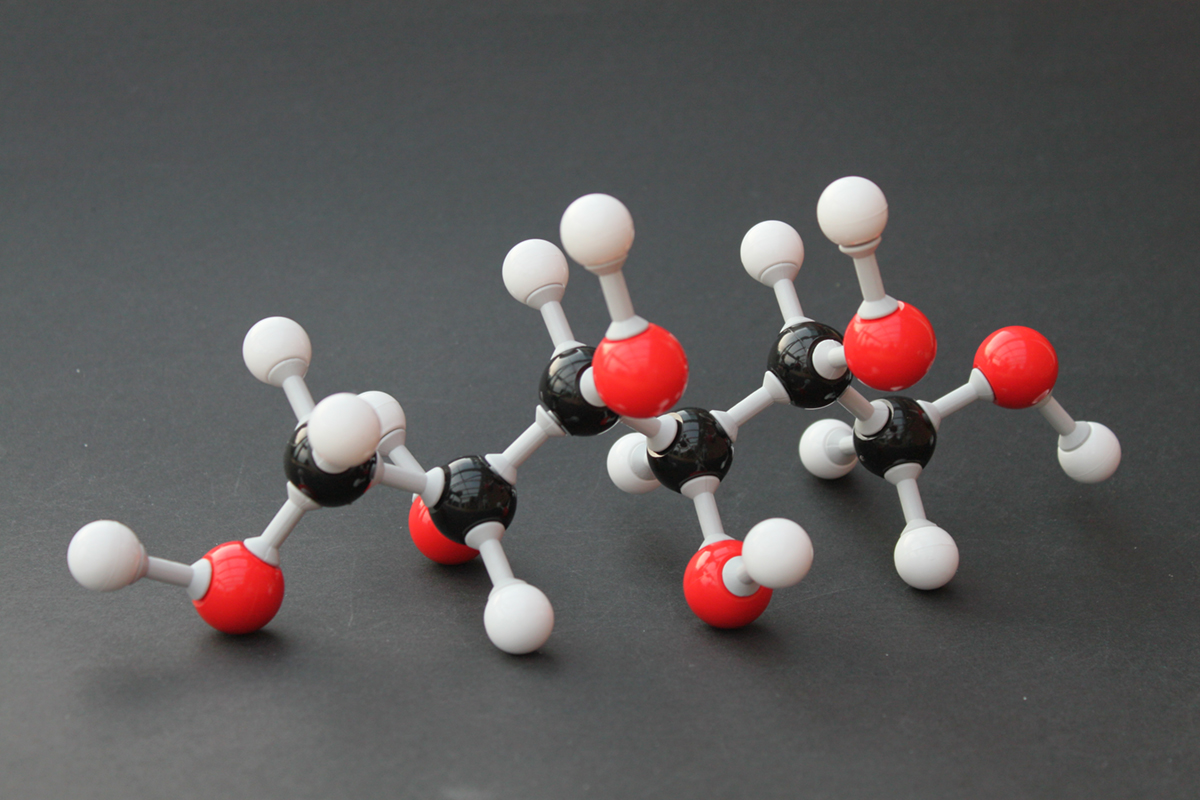
Sorbitol, also known as glucitol, is a sugar alcohol usually used as a sugar substitute or an artificial sweetener. Sorbitol is also known as a nutritive sweetener as it provides 2.6 kilocalories per gram in opposition to the average 4 kilocalories for carbohydrates. Sugar-free label is commonly used on many diet foods that have sorbitol mentioned in the ingredients list. Moreover, it is used in mints, cough syrups and chewing-gum. Sorbitol has approximately two thirds the calories of sugar, but is not as sweet. The body poorly absorbs this sugar alcohol and that is why it does not elevate sugar levels as much as ordinary sugar. Moreover, sorbitol does not cause any tooth decay. However, for some people sorbitol is a source of major health problems that may result from excessive intake or allergies.Causes of sorbitol intoleranceThe absorption of sorbitol in small intestine happens much slower than with other sugars. Significant amounts of sorbitol are normally being malabsorbed, reaching the colon for fermentation. People with rapid intestinal transit may especially be aware of this effect but even the healthy individuals experience abdominal bloating, gas, cramps and diarrhea if they take excessive amounts of sorbitol. Any dosage above 5g may provoke certain side-effects.
It is estimated that more than a half of adults experience severe side-effects after consumption of more than 10g of sorbitol. Moreover, irritable bowel syndrome, that is considered to be a collection of symptoms rather than a disease, may be linked to sorbitol. Some scientists believe that up to 70% of all cases of irritable bowel syndrome may be associated with sorbitol intolerance.
Symptoms of sorbitol intolerance
Symptoms of sorbitol intolerance may highly vary, but they are almost always associated with problems in gastrointestinal tract. On the other hand, all of the symptoms listed in a description of sorbitol intolerance may also point out to many other health conditions. The most common symptoms of sorbitol intolerance are bloating, diarrhea, abdominal cramps and pain, increased gas production, and nausea. These symptoms are highly unpleasant but what may be more concerning is that scientists actually know just a little about long term effects of sorbitol intolerance. One of the major long-term effects is a severe weight loss, but there is some evidence that high levels of sorbitol may cause nerve and eye damage in diabetics.
Sorbitol intolerance diet
Reducing the daily intake of sorbitol to normal and generally well tolerated levels should be a first step to recovery. However, people should avoid diet foods and artificial sweeteners or any other “sugar free” labeled product.

















Your thoughts on this
Loading...